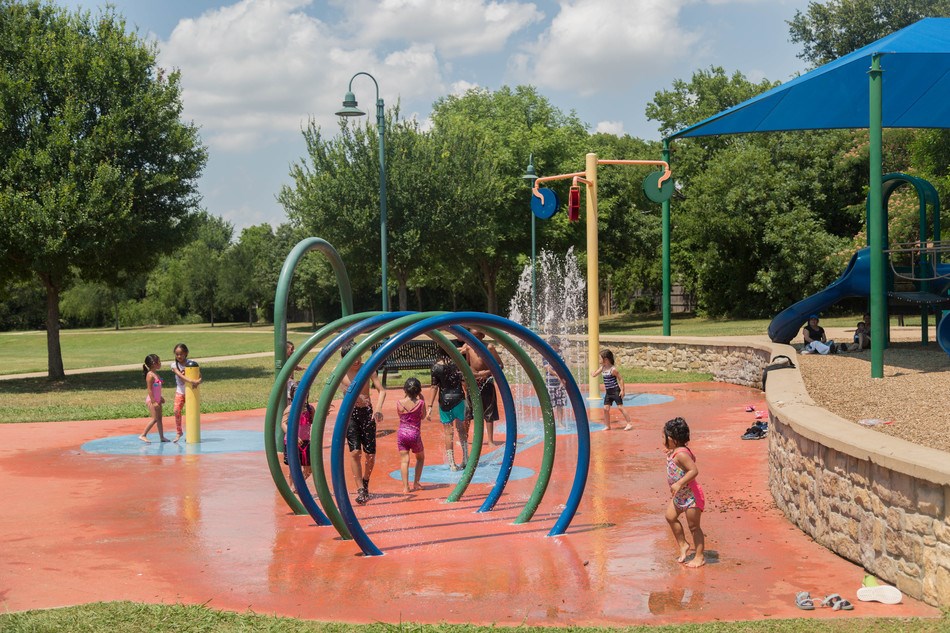A test conducted on the California Lane Park splash pad in Arlington, Texas detected the possible presence of Naegleria fowleri amoeba, a rare microorganism colloquially known as the “brain-eating amoeba.”
In an official statement, the city said that water samples are collected as part of a partnership between the city and the Environmental Protection Agency (EPA) for a study on splash pad safety. The agency is currently conducting testing to confirm the preliminary findings that prompted the closure of the city’s public aquatic facilities.
“The city of Arlington is committed to the highest standards of safety and transparency and will keep the community updated regarding the pending test results,” Parks and Recreation Director James Orloski said in a statement. “Our industry-leading protocols and the advanced technology we have in place give us confidence in the chemical monitoring and treatment at our aquatics facilities.”
According to the Centers for Disease Control and Prevention (CDC), Naegleria fowleri infections are rare and not contagious, but they are often fatal with a death rate of 97%. Between 1962 and 2022, only 4 out of 157 people infected in the U.S. survived. The microorganism enters the body through the nose, usually after diving in freshwater, and travels to the brain causing amebic meningoencephalitis, an infection that destroys brain tissue.
While no illnesses or hospitalizations were reported, the city activated the Bakari Williams Protocol, named after a 3-year-old toddler who died in 2021 as a consequence of an infection caused by the Naegleria fowleri amoeba. According to the city, Williams became ill after visiting Arlington’s Don Misenhimer splash pad, where he came into contact with the organism.
Because the amoeba is thermophilic (heat-loving), its presence is more common in the southern states and during the hottest summer months from July through Sept. which makes pool and aquatic facilities disinfection and chlorination of capital importance.
The high temperatures the state is experiencing this summer increase the proliferation of the amoeba. In Aug. 2023, a swimmer in Texas died of the infection after diving in Lake Lydon B. Johnson.
The first symptoms usually start about five days after infection, but they can start within one to two days. Symptoms may include headache, fever, nausea or vomiting. Later symptoms can include a stiff neck, confusion, lack of attention to people and surroundings, seizures, hallucinations and coma.
The city of Arlington is urging residents who visited the California Lane Park and show any of the symptoms to seek immediate medical care.
All splash pads and pools in the city will remain closed until further notice.




